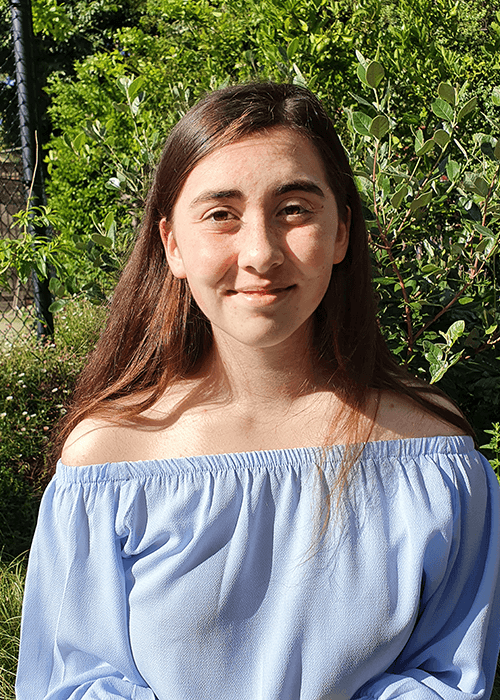Written by Laura Kemp
The reasons behind the underrepresentation of women in Australia’s legal profession continue as a stark example of the sexist culture in our society.
With a 35 per cent pay gap between women and men in legal services (and female lawyers being paid just under 23 per cent less than their male colleagues in the private sector), there is already a repelling aspect to the notion of taking up law as a woman today.
In itself, the idea that a woman should be paid less than a man for carrying out the same work is ridiculous, but when accompanied by a heavily male-dominated system that dictates how far a woman can progress in the legal profession, (to the point where 90 per cent of its senior positions are held by men), the undertaking of such roles as a female requires battling with an immense amount of ingrained sexism.
Of newly hired employees in Australia’s top law firms in 2019, only 1 in 3 were women, and similarly, in our Federal Court, the current ratio of men to women was 3 to 1.
These statistics illustrate the fact that there is a large amount of gender inequality behind the prospect of becoming a lawyer or judge when you are a woman. If there wasn’t, women would not be prevented from pursuing or progressing in the profession because of unequal pay, prejudice in hiring or promoting, or preference of a man to take up the role as opposed to a woman.
The cultural aspect that contributes to the underrepresentation of women in the legal profession (especially in its senior roles) is still extremely prominent in our society.
The confines of a woman’s ‘place’, determined by what is deemed as appropriate for her to do, are predominantly created by the societal expectation of a female to be attractive.
It is completely oppressive to undermine the voice of a woman through the attempt of her degradation to being the attractive focus of a man; women have so much to contribute to the legal profession, for themselves and their betterment, and for the generations around and after them, to inspire equality.
In my growth and development class, we were harshly introduced to the societal predisposition, the reflex almost, to only find value in a woman through her appearance and to disregard her right to a voice; I was blatantly told by my teacher’s presentation last year that as we grow up, women are expected to be “passive and attractive”.
The idea of a female lawyer or judge is therefore frowned upon in the light of this aspect of our culture by those who uphold it. It involves a woman positioning herself in a successful role, strengthening her independence and using her intelligence to speak and fight for her cause, which is essential to promote a just and thriving legal system in Australia.
In order to positively contribute to rectifying this issue, we must be mindful of the outlook we carry in ourselves and encourage in others; we as a gender equality oriented society can work to take down the barriers that continue the underrepresentation of women in Australia’s legal profession, especially in its senior positions.
To create change, the culture we uphold must be based upon what we want to see for our world, and be supportive of a system in which a woman can realistically succeed as much as her male peers, without being treated differently based on her gender. This is something we really can instigate into our own lives!

Written by Laura Kemp
Laura is currently a high school student, with an interest in studying law at University.
She is extremely passionate about women’s rights, and how younger generations can get involved in bringing about the change they want to see in this field.
The motivation of using the platforms she has to help others in the best way she can has led her to work with the St. Vincent de Paul Society to set up appeals, speak and learn about Gender Equality at the 2020 United Nations Youth Conference on this topic, and campaign for practical solutions to various environmental issues.
With the opportunity the publishing of her article presents to speak out about the issue above, she hopes to be able to provide a whole, feminist oriented view for readers to share, or take something out of.




